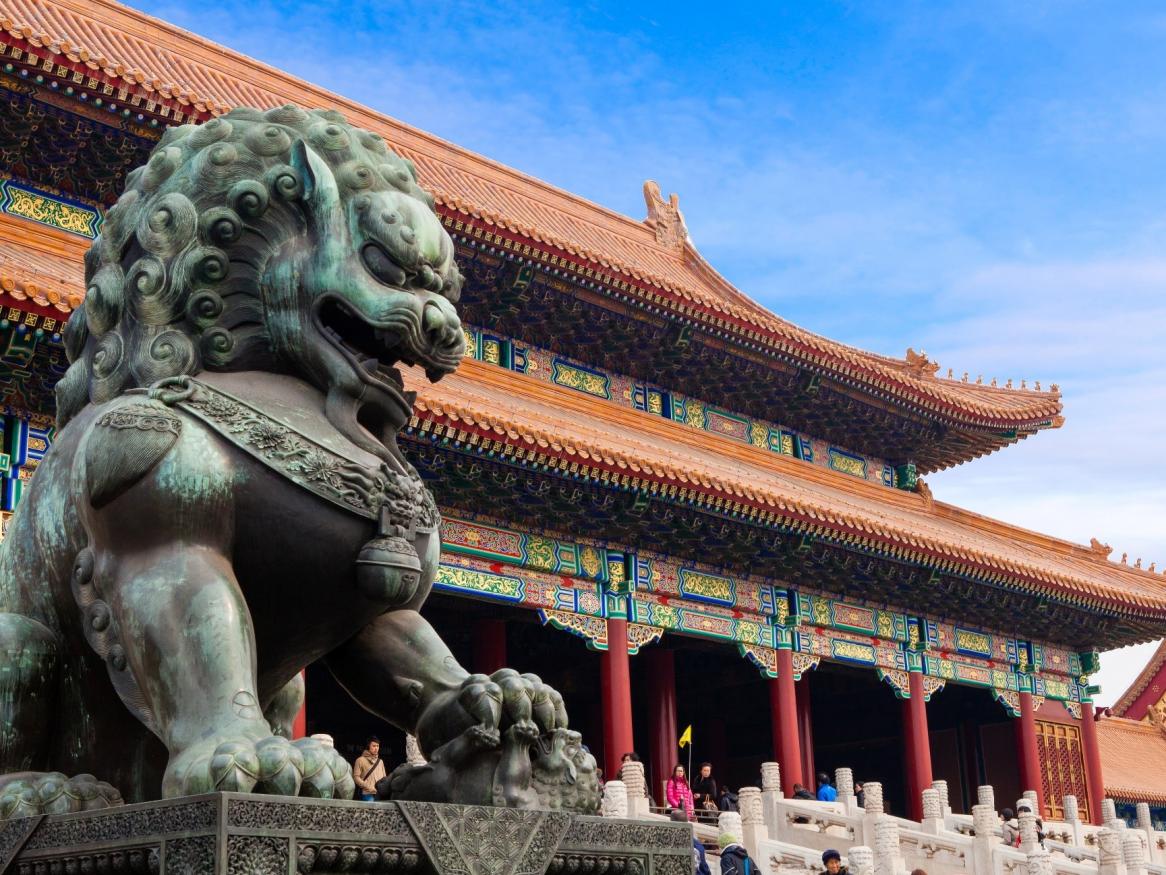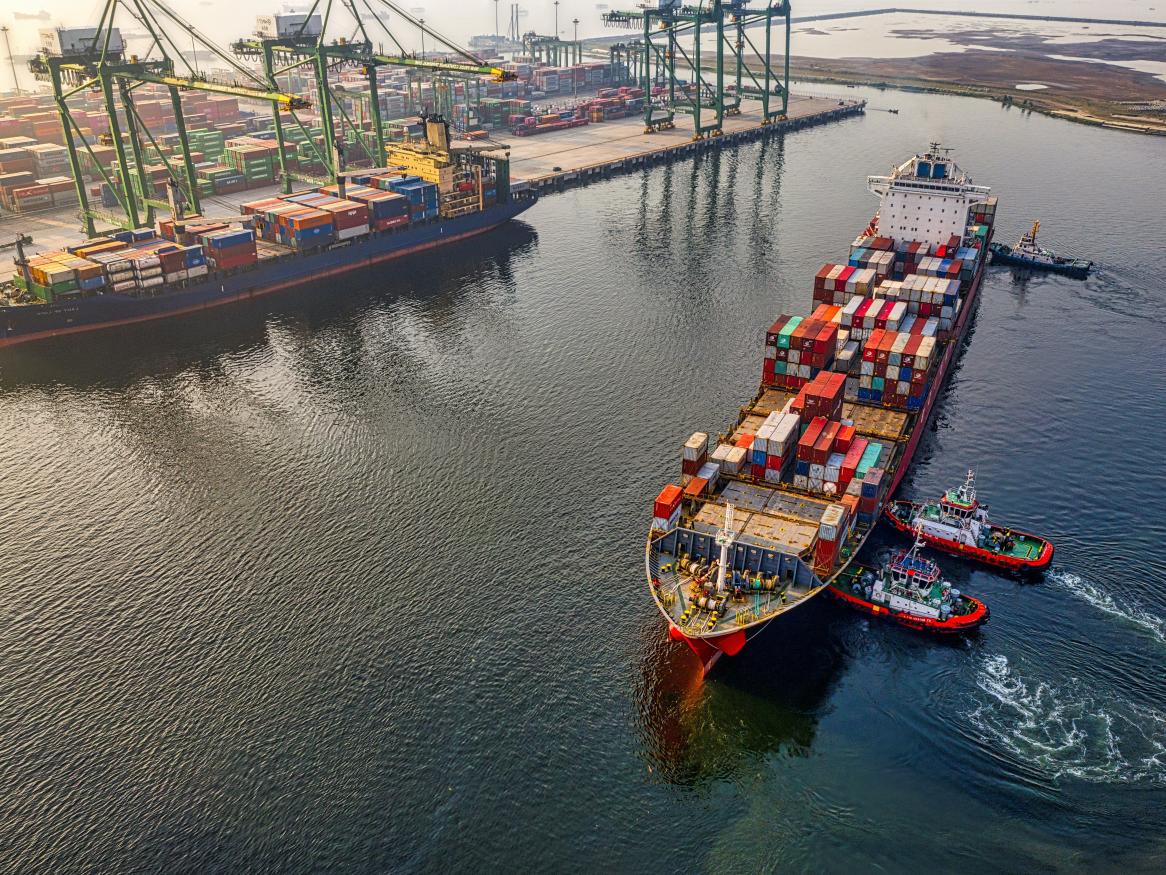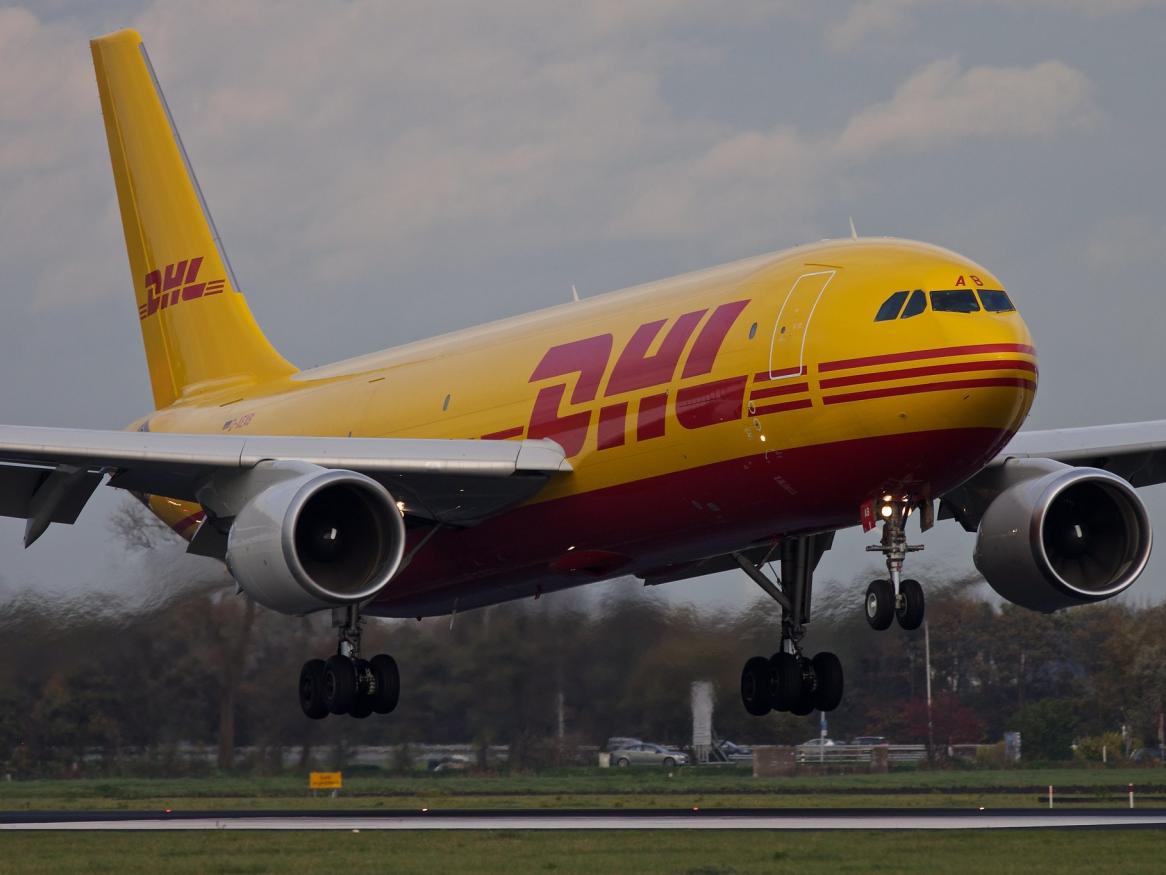News: Featured
Foreign Minister Wang Yi Makes a 9th ‘first trip of the year’ to Africa

Dr Lauren A. Johnston is Visiting Senior Lecturer, Adelaide University Institute of International Trade and Founding Director, New South Economics. China continues to prioritize its relations with Africa. As a result, China’s Foreign Minister, Wang Yi, has continued with a longstanding Chinese tradition of making an African country the first foreign visit of the year. This op-ed provides analysis of which countries were visited, and why, as well as how the schedule fits with China’s development strategy in Africa.
[Read more about Foreign Minister Wang Yi Makes a 9th ‘first trip of the year’ to Africa]
Why Australia fails to understand the EU

Richard Pomfret, Jean Monnet Chair in the Economics of European Integration at the Institute for International Trade, 2017-2020. Professor of Economics Emeritus at the University of Adelaide. Australian political leaders have long held a simplistic and misleading understanding of the European Union, due to over-reliance on reports from London for coverage of EU affairs. This op-ed argues Canberra needs to develop a more diversified and modern understanding of the EU project, and its value to Australia.
Back from the Brink! The WTO gets on with Serious Business.

Anthony Patrick Dela Pena Chua is Lead Staffer to both the APEC Business Advisory Council (ABAC) Philippines and the Philippine Services Coalition.
Jane Drake-Brockman is Founder and Director of the Australian Services Roundtable and a co-convenor of the Asia Pacific Services Coalition.
Some matters are too important and the benefits too great for the global trading community, to let another postponement of the WTO Ministerial Conference get in the way of timely joint action.
[Read more about Back from the Brink! The WTO gets on with Serious Business.]
Why Abandoning the WTO E Commerce Moratorium is a Terrible Idea

Jane Drake-Brockman is Industry Professor, Institute for International Trade, Convenor of the JM Network, Trade & Investment in Services Associates (TIISA), Member of the G20 Trade and Investment Research Network (TIRN) and Founder and Director of the Australian Services Roundtable.
Services stakeholders around the world are banding together as never before in a last-ditch effort in the lead up to the 12th WTO Ministerial Session in Geneva on 30 November. Many issues are at stake, but one stands on a pedestal of its own; the WTO moratorium on customs duties on electronic transmissions.
[Read more about Why Abandoning the WTO E Commerce Moratorium is a Terrible Idea]
Government subsidies and environmental costs

Ken Ash is an Independent Consultant, IIT Visiting Fellow, and former OECD Director of Trade and Agriculture.
The economic and trade distortions caused by ill-conceived government support for sectors ranging from agriculture, fisheries and fossil fuels to aluminium (2019, 2021), steel and semiconductors are enormous. While this is explicitly recognized by G7, G20 and APEC member governments, amongst others, the pace of subsidy reform remains glacial.
[Read more about Government subsidies and environmental costs]
Prospects for future UK-Australia Services Trade

George Riddell Director of Trade Strategy at EY, London.
On 17 June 2021, Australia and the United Kingdom announced an Agreement in Principle on a new Free Trade Agreement (FTA). Since then, negotiators on both sides have been hammering out the details of the legal text of the agreement. This article assesses the prospects for services trade between the countries.
[Read more about Prospects for future UK-Australia Services Trade]
COVID-19 and Global Sea Transport

Douglas C. Lippoldt and Carlos A. Primo Braga
Maritime shipping has been at the very core of the globalisation process. It is a carefully balanced system that maximises capacity utilisation while adapting to annual shifts in demand and long-term trends in economic development. COVID-19 has delivered a dramatic shock to the system. This brief assesses the damage done thus far, and then identifies a number of policy interventions that can improve the resilience of global shipping, boosting the stability of global supply chains.
The Landing Zone in Trade Agreements for Cross-Border Data Flows

Dr Pascal Kerneis, expert in the European services industry in international trade and investment negotiations.
The digitalisation of the world economy is continuing at a fast pace. Its successful progress is dependent on the ability to move data as freely as possible across international borders. Digital trade chapters are therefore becoming a critical part of bilateral, plurilateral and multilateral trade agreements.
[Read more about The Landing Zone in Trade Agreements for Cross-Border Data Flows ]
Services are essential too! Identifying the missing link in trade policy proposals during the pandemic

Dr Sherry Stephenson, Convenor, Pacific Economic Cooperation Council (PECC) Services Network.
Considerable discussion has been carried out over the past 18 months on how to most effectively address the COVID-19 health pandemic in an international context, particularly the critical role of trade in providing the necessary channels for moving essential medical equipment, vaccines and therapeutics, across borders
The Topology of E-commerce Governance

Nicholas Frank, Associate Lecturer in the School of Politics and International Relations, Australian National University.
Global e-commerce is governed by a dense web of preferential trade agreements (PTAs). While the literature on e-commerce governance is growing, our knowledge of the landscape of the e-commerce governance system remains limited.
This work is licensed under Commons Attribution-NonCommercial-NoDerivatives 4.0 International License.
IIT is a global leader in researching, analysing and commenting on International Trade.
Stay informed about our up-and-coming seminars, events, publications, awards, new projects and collaborations, and other exciting news.
